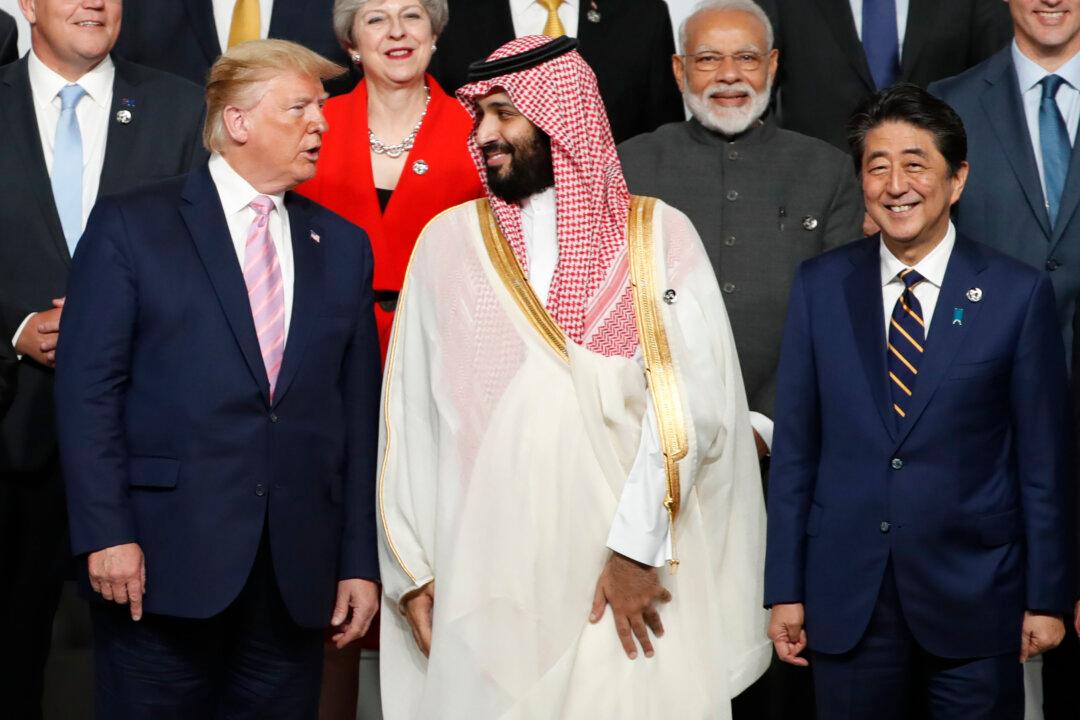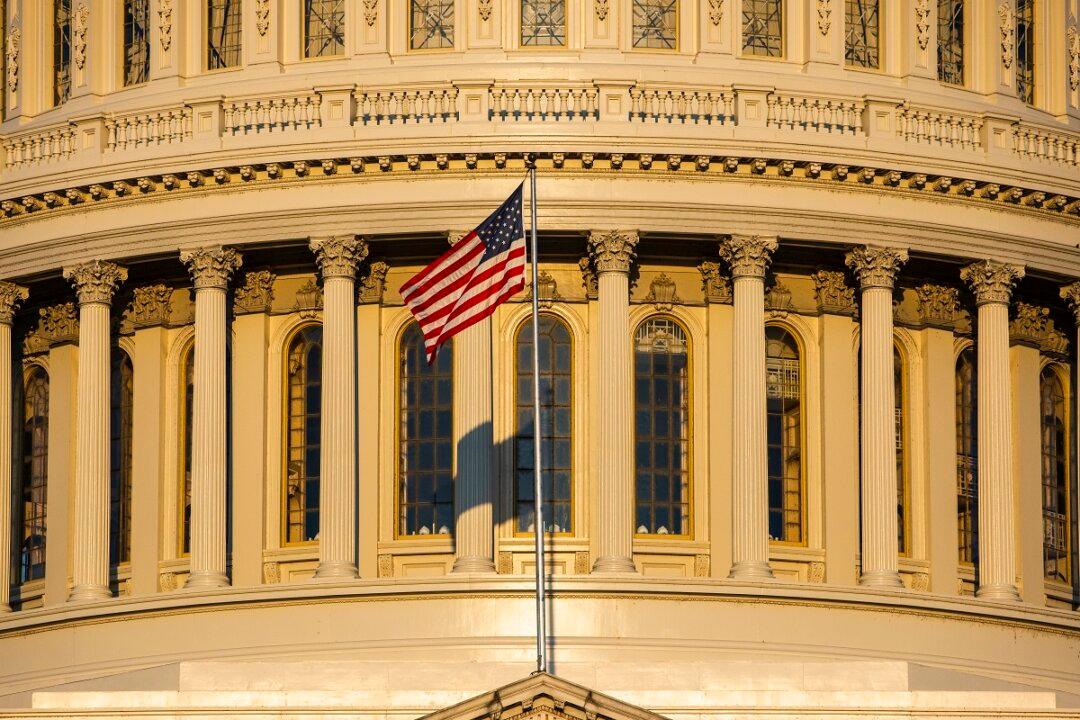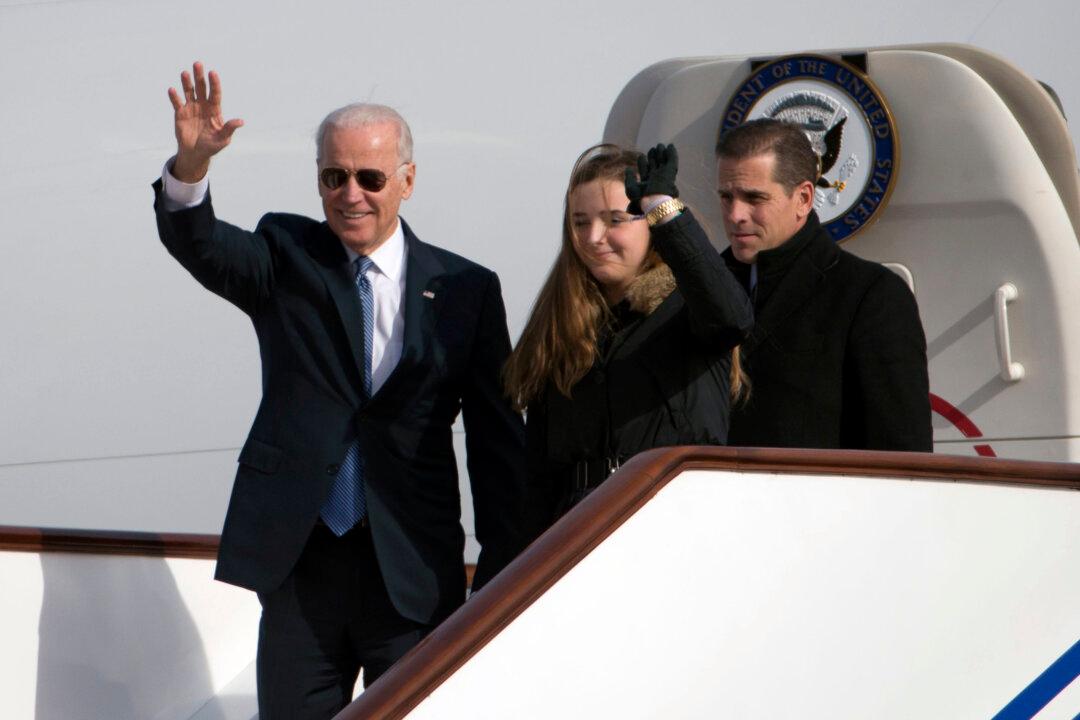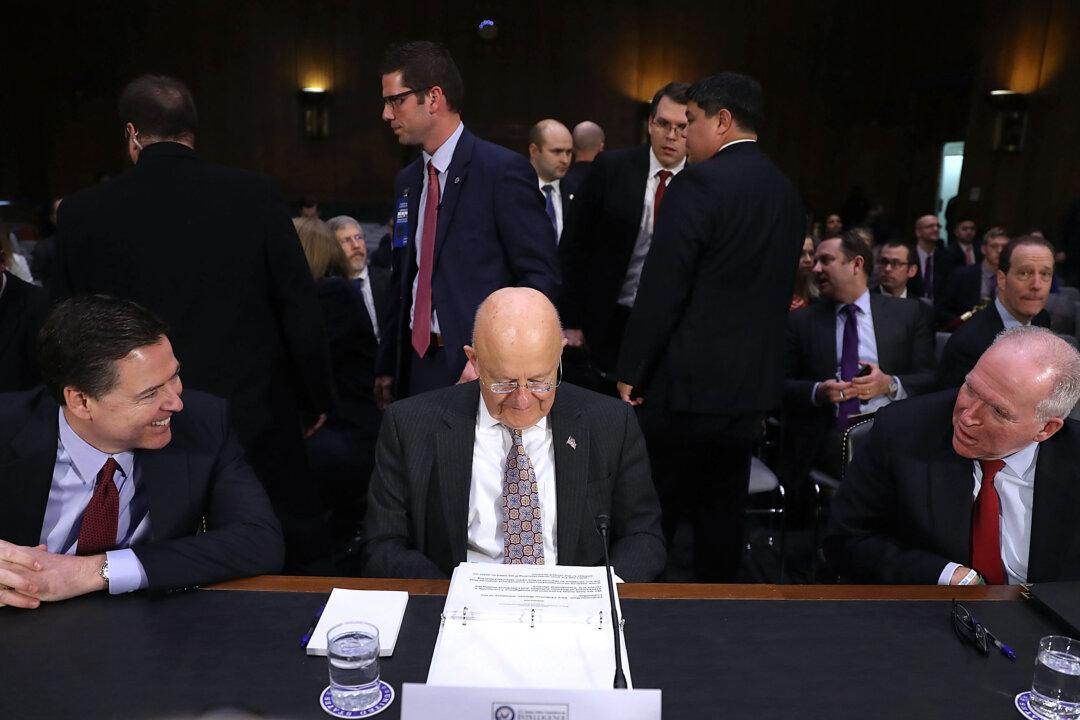Commentary
There are amazing and exciting changes going on around the world, and the people responsible for reporting the news can’t see it or choose to ignore it, because it can’t be used to drive their favorite narratives.
The Western media is blind to what’s really been happening over the past decade in the Middle East. Many reporters remain stuck in the Bush era, during which the conflicts began in both Iraq and Afghanistan.
The viewpoint that clouds the U.S. news media’s coverage of foreign policy issues related to the Middle East is the idea that if the United States doesn’t do it alone—or at least lead other nations into doing it—nothing will get done.
That certainly didn’t start with President George W. Bush. That’s been the viewpoint of many presidents prior to him.
In fact, during the Cold War, both the United States and the USSR used the region as a proxy playing field, each side seeking to extend its own influence.
Many countries in the region received overtures from both sides of the Cold War conflict. More than a few of these “free agent” nations made it a fine art of playing one side off the other.
Trump’s Doctrine Is Radically Different
The doctrine introduced by President Donald Trump when it comes to his foreign policy is radically different from that of every president before him when it comes to the Middle East. This is especially true in the case of President Barack Obama.
There were very real and compelling reasons for Trump to make his first official foreign trip as the newly inaugurated president of the United States to Saudi Arabia.
Trump demonstrated to the Saudis and their allies in the region that Trump’s presidency would indeed be radically different from Obama’s. For one thing, Trump was actually listening to them and hearing what they were saying.
If the nations surrounding Iran were able to police and secure their own region, then there wouldn’t be any reason for the United States or other outside foreign powers to keep stepping in to do it for them.
Ecstatic to have found a president who wanted to help them take care of their own problems, the Saudis couldn’t wait for Trump to visit so they could publicly welcome and thank him for that.





